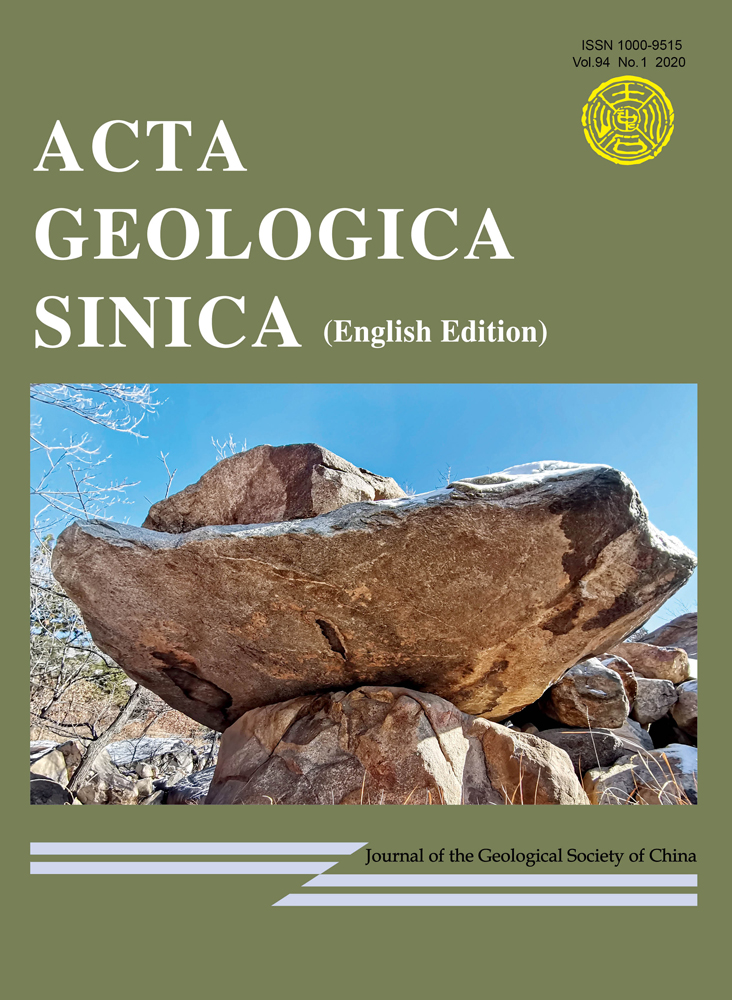Preliminary Investigation on the Causes of Odd Vibration of Buildings in Guilin City—a Study on the Resonance between Buildings and the Underlying Soil Layer
About the first author:
ZHANG Fawang, male, born in 1965 in Hengshui City, Hebei Province; researcher; graduated from China University of Geosciences (Beijing); Secretary, Institute of Karst Geology, Chinese Academy of Geological Sciences. The research direction is hydrogeology and environmental geology. Email: [email protected]; phone: 18707737886.
About the corresponding author:
LUAN Song, male, born in 1989 in Jixi City, Heilongjiang Province; Engineer; graduated from Guilin University of Technology; research assistant of Institute of Karst Geology, Chinese Academy of Geological Sciences. Research direction: Hydrogeology and Karst geology. Email: [email protected]; phone: 18778382121.
Abstract
A residential building in Guilin City, China, underwent an up-and-down vibration with an amplitude of 2 cm. By eliminating several causes such as earthquake, wind and construction, in combination with the unique karst geological conditions of Guilin, it was inferred that the effect of turbulent karst water is the main contributor to the occurrence of this vibration. Therefore, a geophysical survey was undertaken on the vibration zone and its surroundings. The resutls suggest that the soil in the upper part of the karst grooves shows conspicuous traces of disturbance and the water content has low resistance. A comprehensive analysis indicates that there is a karst strong runoff zone beneath the area. According to the water level and water temperature data collected automatically by the instrument, it can be concluded that the groundwater level had changed significantly twice during this period, so it was determined that the denudation of groundwater strong runoff causes the overlying soil layer to collapse, forming a soil-water soft-flow material with mixed phase. Since the building in this area was supported by friction piles, the groundwater-soil soft-flow material with mixed phase has intense plasticity, and the up-and-down vibration resulted in the change of the friction piles, which caused the up-and-down vibration of the building structure.




